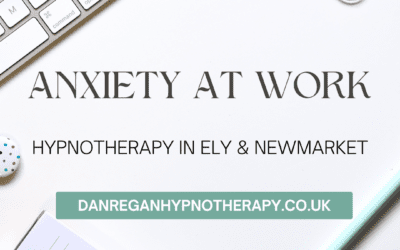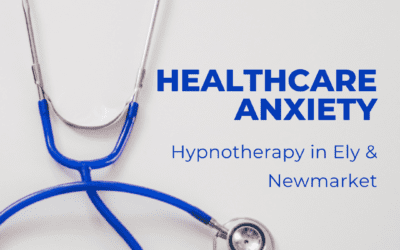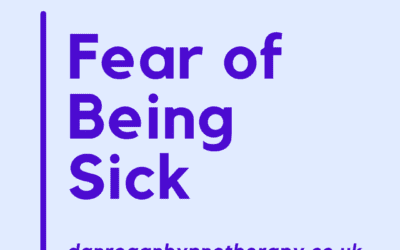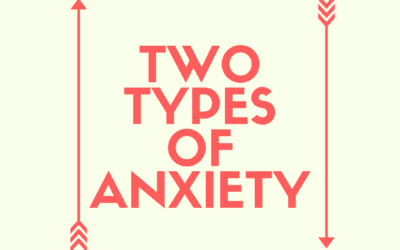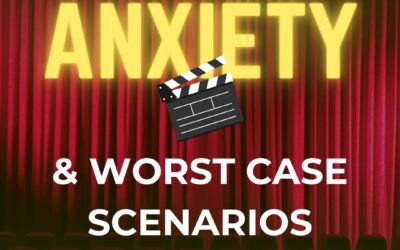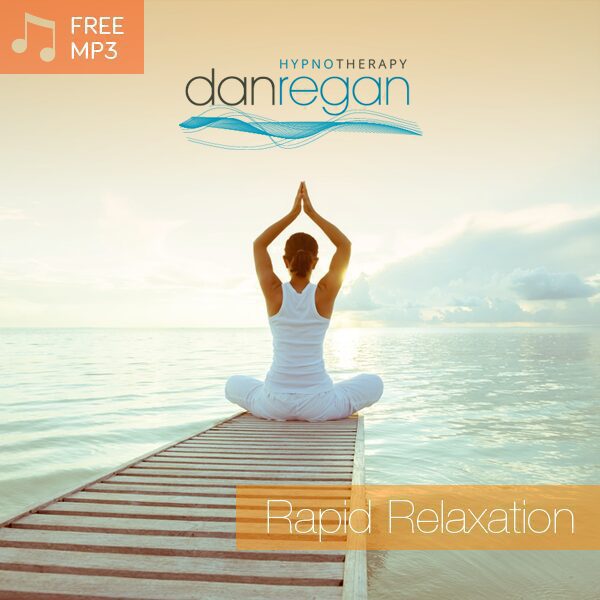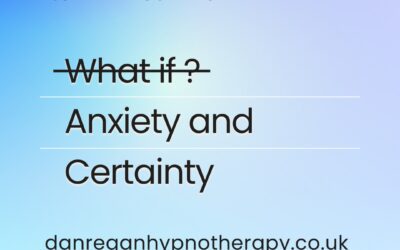Required
Workplace Anxiety – Hypnotherapy in Ely and Newmarket
Workplace Anxiety – Hypnotherapy in Ely and Newmarket
If you struggle with workplace anxiety, it can start to dominate all of your waking hours. We all spend so much time at work, often with the same old pattern of tasks, situations, people and environments.
If there is something, or someone, at work that causes your anxiety levels to rise then it can become a real problem. You find yourself thinking ahead and feeling stressed in the morning as you get ready. On your commute you notice that the worst case scenarios and uncomfortable feelings grow and grow. And at work you can feel totally stressed, worried and anxious in a way that makes you feel bad and stops you getting on with the things you need to do. You may then worry about not doing your job very well and getting in trouble over it.
With workplace anxiety, your evening can be filled with a sense of relief that you’ve made it through another day yet tinged with the dread that the next day will be another exhausting internal battle. You may find yourself thinking and talking about work issues all of the time and struggling to sleep each night as you worry about the next day and play out things in your mind. And, of course, many people need help to overcome their fear of public speaking such as workplace presentations and meetings.
Recently I was was working with someone who would wake in the night thinking about work, would be unable to eat from stress in the morning and then struggled to get out of the car and go into the office. Now, she’s happily getting on with things, rather than putting them off, and feeling happier and more herself again.
There was also a client who had anxiety when seeing, or even thinking about, a particular colleague. The mention of their name, the sound of their voice or an email from them popping up would all cause workplace anxiety. Thankfully, it is very possible to change your response and interactions with someone at work to something more calm, composed and confident.

